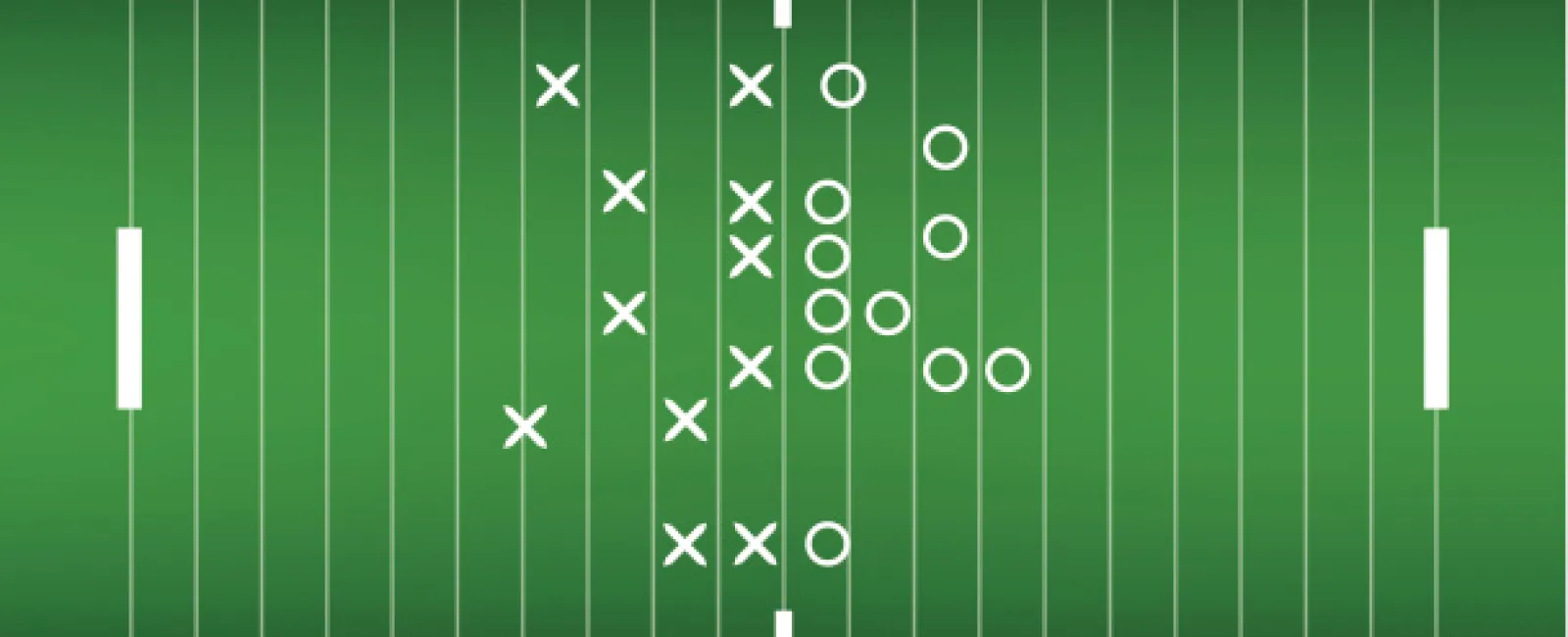It's no great mystery that I have been a loyal fan of football since my youth. Having watched and participated in the sport in various forms for much of my life it's a natural progression that I should draw a few parallels between the game and leadership. Over the years I've developed a simple premise: When teams are fairly evenly matched the team with the best players leads in the first half while the team with the best coaches wins the second half. Halftime adjustments are often the difference between winning and losing. What does this mean for leaders? A few things.
Even the Most Talented Employees Need Guidance
Highly talented individuals and teams contribute considerably to organizational success. Football games are won because talented players are in the right place at the right time. In organizations, the right people can mean the difference between just getting by and high performance. Nevertheless even the most talented members while productive initially will eventually stagnate without powerful and clear direction. Strong leadership that's informed and strategic can enhance the power of a well-functioning team. Football players rely on a quarterback and a coach for direction. Organizations thrive with powerful clear guidance.
Sustained Excellence Comes From Trusted Leaders
What is it that makes some football teams enjoy consistent wins while others can't seem to get in the groove? Sustained excellence begins and ends with trusted leadership. If you don't trust your coach to make the right decisions you can't give your best effort. However, in any environment, not just business there is a stark difference between high trust and low trust relationships. High trust relationships foster candor honesty, open communication, respectful disagreement, quicker and less costly decisions, positivity, and a sense of oneness. Lower trusting relationships are usually guarded suspicious slow-moving costly harmful emotionally negative and polarizing. For organizations to perform at optimal levels leaders must be highly trusted. Like organizations, football teams are dependent on one another and the trusted guidance of a knowledgeable leader. In football games and in life change is constant. We must adapt to the realities of the current environment. Effective leadership sees these changes, assesses the alternatives, and changes its course of action to enhance the odds of success. On the field or off when leadership is clear, powerful, and trusted high performance- and the win- is inevitable.

